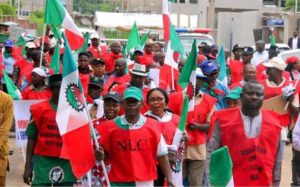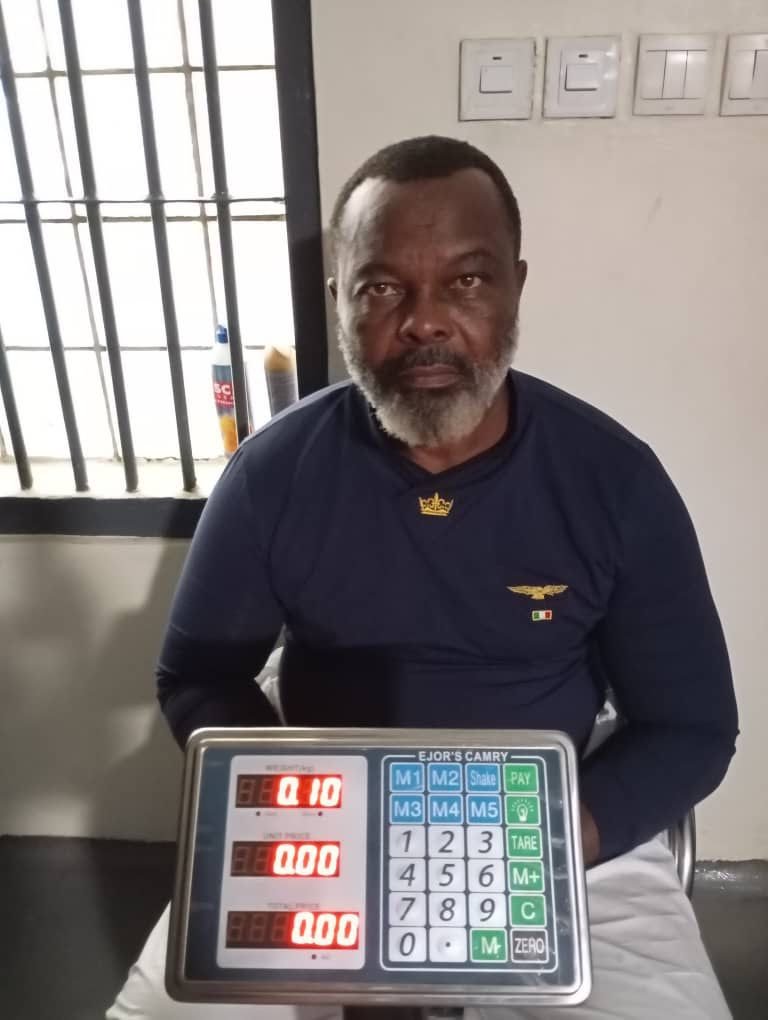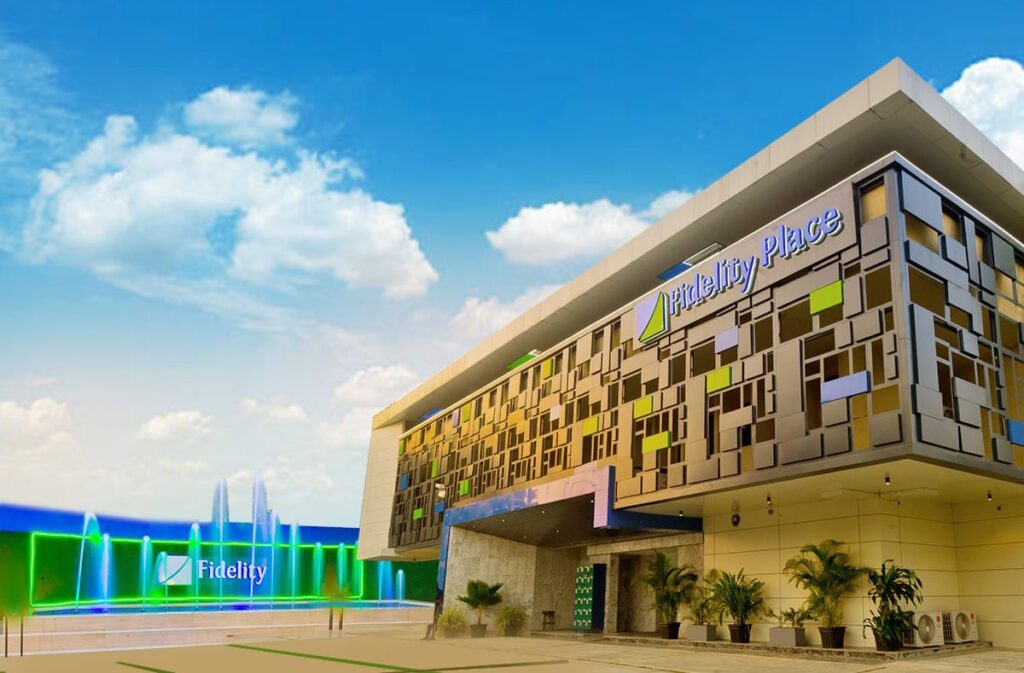The N27, 000 fixed by the National Council of State on Tuesday as the new National Minimum Wage has been kicked against by the NLC.
The figure is N3, 000 short of the N30, 000 initially recommended by the Tripartite Committee on Review of National Minimum Wage chaired by a former Head of Service of the Federation, Ms Amma Pepple.
The Pepple committee had submitted its report to President Muhammadu Buhari in November 2018 and it spiralled disputes, as the majority of state governors insisted they could only afford N22, 500.
On its part, the Federal Government said it would pay N24,000 at the time, as against organised labour’s insistence that employers must pay the N30,000 recommended by the Pepple committee.
However, at Tuesday’s meeting, which was presided over by President Muhammadu Buhari, the NCS pegged the minimum wage at N27,000 across the states after reviewing the positions of all the parties.
The private sector is at liberty to pay any amount to workers, so long as it is not below N27,000.
But, on its part, the Federal Government said it would pay workers N30,000.
The membership of the council comprises the President (who is the Chairman); Vice-President (who is the Deputy Chairman); all former Presidents/former Heads of the Government of the Federation; all former Chief Justices of Nigeria; President of the Senate; Speaker of the House of Representatives; all the governors of the states of the Federation; and the Attorney-General of the Federation.
The former leaders, who attended Tuesday’s meeting were former President Olusegun Obasanjo; former Head of Interim National Government, Chief Ernest Shonekan; Gen. Abdulsalami Abubakar (retd.); and former President Goodluck Jonathan.
The Minister of Labour, Dr Chris Ngige, confirmed the council’s decision to State House correspondents in Abuja as the meeting rose.
He explained that the council approved a periodic review of every five years, while employers with workers fewer than 25 would be exempted.
Ngige gives details, says FG’ll pay N30,000
Ngige stated that with the approval of the N27,000, a bill would be sent to the National Assembly on Wednesday (today) to get the necessary legal backing for the new wage regime.
The minister added that though the National Assembly had said that it would proceed on vacation till after the elections, the relevant committees on wage matters would continue to sit to work on the new wage for urgent passage.
The minister added, “We have held a series of consultations starting from the inauguration of the tripartite committee in November 2018, to the Federal Executive Council, the National Economic Council and finally today, the Council of State and these three organs have permitted the President now to transmit to the National Assembly the new minimum wage bill.
“This is in consonance with the fact that the issue of national minimum wage prescription is in the Exclusive List, Second Schedule, item 34, and being on that list, it is not a job that can be done by the Executive alone. The President has to transmit a bill and the National Assembly will take legislative action and return the bill that has been so treated to the President for accent.
Ngige also explained that the new wage would amend the 1981 and 2011 Acts.
The minister added, “States or organisations that are able to pay more than N27, 000 can do so; it depends on their financial capacity. For example, the Federal Government has resolved that its own workers will not get anything less than N30, 000. I am saying that the Federal Government had decided even before now that they would top up their own minimum wage to bring it in consonance with N30, 000.
When reminded of labour’s position that the minimum wage must be N30,000, Ngige replied, “The minimum wage is for the lowest paid, the most vulnerable, the person on Grade Level One, Step One. That is the import and the labour unions understand that and so we don’t envisage any problem on that.”
But the Nigeria Labour Congress has rejected the N27,000 adopted by the National Council of State on Tuesday.
The NLC General Secretary, Dr Peter Ozo-Eson, made this known to the News Agency of Nigeria on Tuesday in Abuja.
According to him, the council has no jurisdiction to determine another amount after a Tripartite Committee had submitted its report.
He said, “It is abysmal of government to be delaying the submission of an Executive Bill to the National Assembly and by wrongfully adopting N27,000 through the council of state.”
Ozo-Eson, however, said the NLC had called an emergency National Executive Council meeting for Friday to weigh on the deadline given to the government within which to submit an executive bill to the National Assembly.
The NLC general secretary added that the Federal Government was only projecting a shutdown of the economy with its latest action.
“This is because workers should not be held responsible for any development after its NEC meeting on Friday,” he said.
Also, the Trade Union Congress of Nigeria, has rejected a recommendation that the national monthly minimum wage be raised to N27,000 from N18,000, its spokesman, said on Tuesday
The TUC, which represents senior civil servants, said agreeing a minimum wage was a product of negotiations and that N30,000 had been agreed on and not N27,000.






